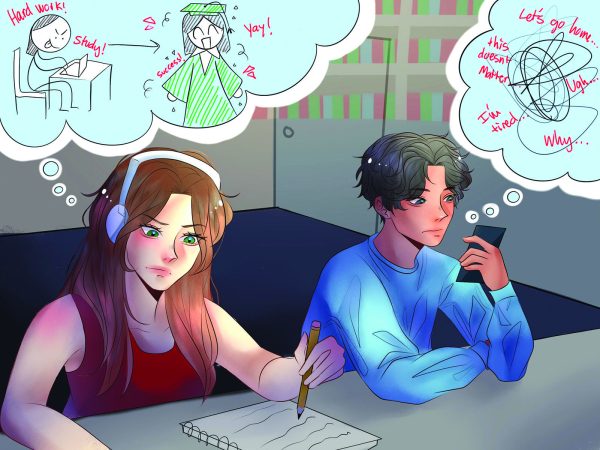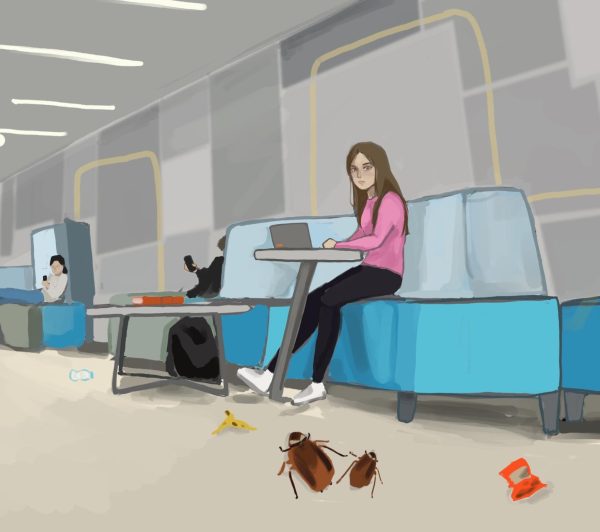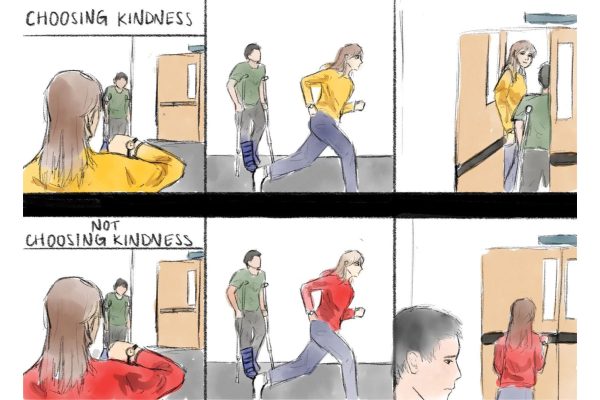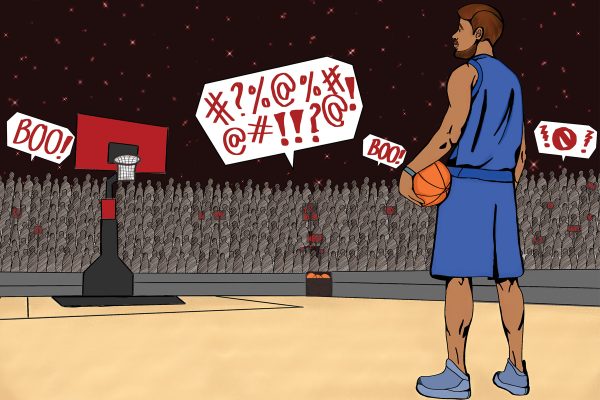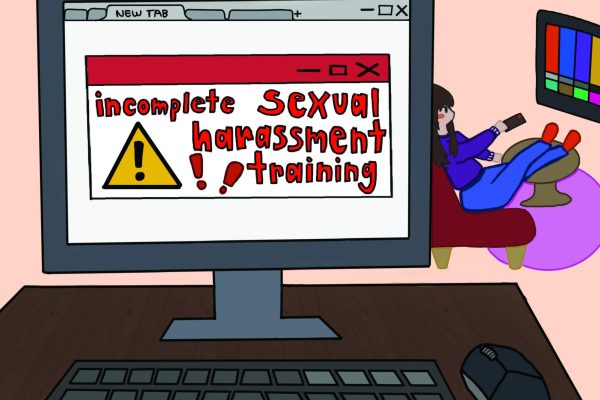Loud silence
Over this past summer I spent six weeks living in a rural, Nicaraguan community, speaking only Spanish and eating only rice and beans through a program called Amigos de las Americas. The closest English speaker was a mile away, and the most modern electronic device available was an analog TV.
My brain, normally brimming with memorized vocab, song lyrics or gossip, suddenly seemed to go mute. The suburban cacophony of people and cars I was so accustomed to was replaced by the quiet rustling of the rain forest.
From 8 a.m. to 4 p.m., kids went to school, adults went to work and I was my only source of entertainment.
During my first few days in the community, I desperately grasped at anything I could to distract myself. I didn’t know how to be without external distractions and felt alone with my thoughts. But soon, I ran out of card games to play, rooms to clean, books to read and beans to cook.
I had been keeping a journal, jotting down daily happenings so I would always remember my time in Nicaragua. But as I ran out of things to do, I began to write more frequently to keep myself distracted. I wrote about my opinions on events and people, turning skeletal outlines into cohesive thoughts.
And then, all at once, I couldn’t detach myself from my journal.
It was like a giant popcorn machine exploded in my head, and my journal was my attempt to catch all of the little kernels flying out. To control my new-found, cognitive energy, I made lists for everything to organize my thoughts.
From Halloween costume ideas to the people I value most in my life, these lists probed all aspects of my life. I’m not saying you need to keep a journal on you at all times to record every little thought that pops into your mind, but there’s a lot to jot down when you’re figuring out how your brain talks to itself.
Mental voices are shaped by a whole jumble of things, including the past, present and expectations for the future. It’s a lot to think about, but it’s fun to peruse the backfiles of the mind. Going through all of these thoughts makes time spent alone more comfortable. It would’ve been a lot easier to adjust in Nicaragua if I had known how to spend time without external noise earlier.
Of course, the people in the community and my loving host family played a large part in making my trip extraordinary, and I had expected to meet new people.
What I wasn’t expecting was to meet myself.
Even though it can sometimes be hard to get away from the incessant voices you hear from your friends, TV, family, teachers, etc., do your best to turn down the background noise, and crank up the volume of your own thoughts.
You don’t have to travel to Nicaragua to do it.


